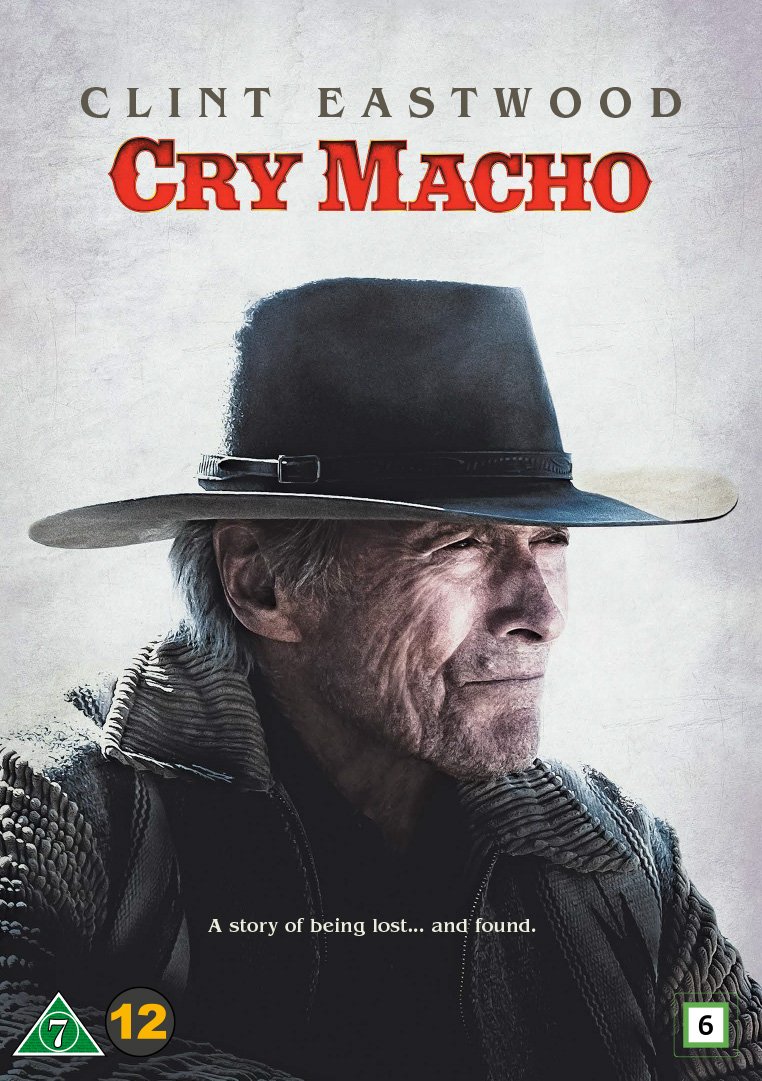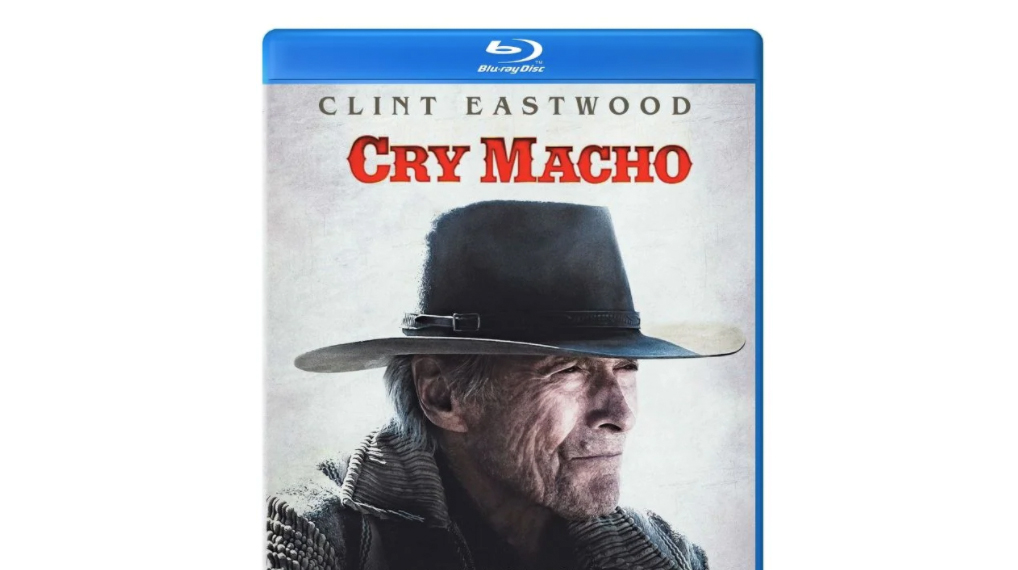TL;DR
Clint Eastwood's latest directorial effort, *Cry Macho*, sees him star as a former rodeo star tasked with a cross-border rescue. While Eastwood's return to Westerns and horseback riding after 30 years is a highlight, his 91 years present a significant hurdle, making his character's age and physical actions feel unconvincing despite a solid script and decent Blu-ray presentation. The film could have been stronger with a younger lead or if made decades ago. Discover if this swan song is worth your time in our full review!
Born on May 31, 1930, in San Francisco, California, Clinton Eastwood Jr. made his film debut at the age of 25 in the horror film Revenge of the Creature. Nine years later, he achieved iconic status with his lead role in the spaghetti western En Handful Dollar. In 1971, Eastwood directed his first feature film, Play Misty for Me (Mardrömmen). Five decades later, he stars in and directs the contemporary western drama, Cry Macho.
Former rodeo star Mike Milo (Clint Eastwood) is tasked by his former boss, Howard Polk (Dwight Yoakam), to retrieve Howard’s son from Mexico. Reluctantly accepting the assignment, Mike embarks on a journey that promises to be transformative.
Eastwood reportedly first encountered the script for Cry Macho 50 years prior, feeling he was then too young to embody the role effectively. The script circulated within Hollywood for half a century before returning to Eastwood, who then determined the time was right for its production.
A significant challenge lies in the actor’s age, now 91, which renders him seemingly too old for the role. While Eastwood possesses undeniable gravitas and charisma, his physical presence often detracts from the narrative. His apparent frailty undermines the believability of certain sequences. For instance, a character who struggles to walk one moment is suddenly depicted riding a horse with considerable vigor, an effect achieved primarily through stunt work.

The direction and screenplay themselves are not inherently flawed. Cry Macho exhibits the potential to have been a compelling film had Eastwood undertaken the project two decades earlier, in his 70s, which would have provided a more logical alignment with the timeline. As it stands, the narrative cohesion suffers, creating the impression that the filmmakers intended to portray Eastwood as younger than his actual age. The film might have benefited from a different actor in the lead role.
A notable concern is the performance of Eduardo Minett, who plays Howard Polk’s son, Rafo. Minett’s acting is unconvincing, and his stilted portrayal, combined with Eastwood’s physical limitations, contributes to certain scenes feeling labored.
The Blu-ray edition boasts excellent picture quality, effectively showcasing the film’s cinematography. Colors are rich and sharp, and black levels are consistent. The sound quality is adequate, providing clear and distinct audio without excessive embellishment. The Blu-ray includes two informative documentaries that offer genuine insight beyond mere promotional material. Cry Macho is also available for streaming on HBO Max; however, the picture quality there appears significantly darker and less defined compared to the Blu-ray version. Furthermore, the streaming version lacks the extra features found on the Blu-ray.
In conclusion, Cry Macho retains sufficient merit to warrant a recommendation. The return of Clint Eastwood on horseback—his first time in 30 years—is undeniably appealing. Despite his age and physical condition, the film remains engaging and well-acted. However, the core issue resides in the audience’s need to accept Mike Milo—a character intended to be in his 60s or 65s—being played by a soon-to-be centenarian film icon, ultimately impacting the film’s overall coherence.
SF Studios provided a review copy of this film. The provision of materials does not influence our editorial objectivity. Our reviews are written with our readers’ (consumers’) interests as our primary concern.

